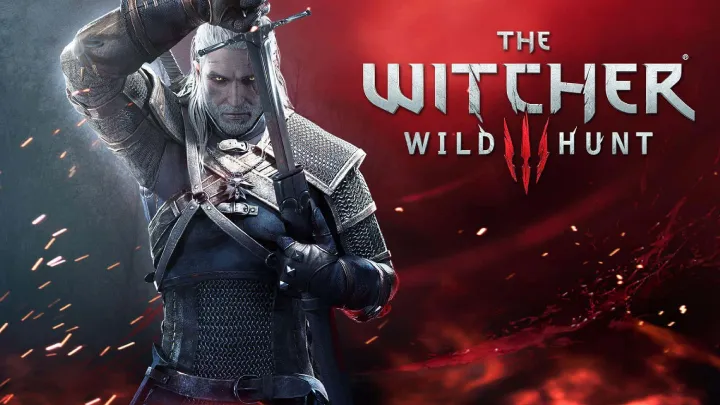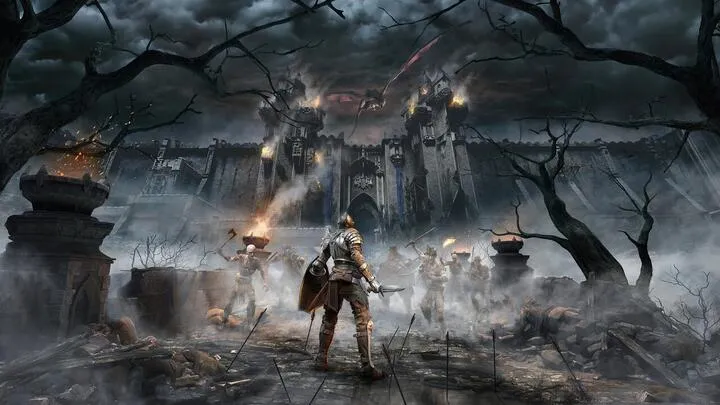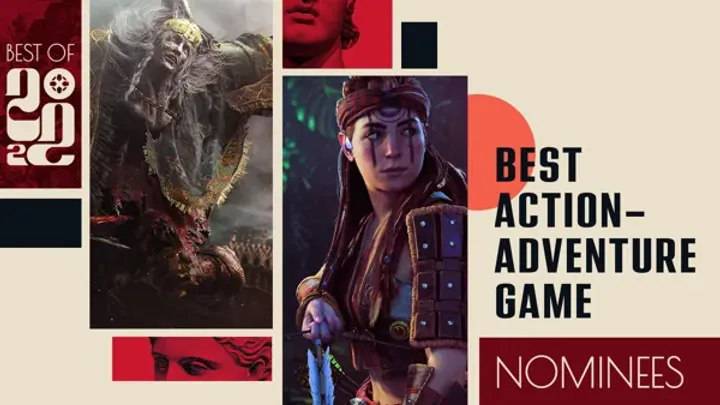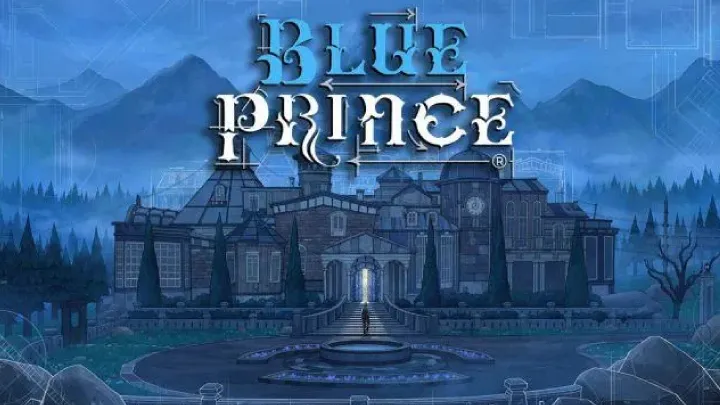Introduction
Role-playing games (RPGs) have long stood as one of the most powerful storytelling tools in the gaming world. Unlike many genres that rely solely on reflexes or quick decisions, RPGs invite players to become someone else — to live in an unfamiliar world, make consequential choices, and watch those choices ripple through a living narrative. They merge narrative depth, character growth, and world exploration in a way few other genres can. Over decades, certain RPGs have transcended mere popularity. They’ve become legendary — cornerstones of design, narrative, and imagination that influenced generations of developers and gamers alike.
In this article, we’ll explore five of the most legendary RPG titles ever created — games that every fan of storytelling and adventure must experience. Each of these games not only defined their era but also redefined what RPGs could achieve in emotional depth, player freedom, and cultural impact.
Our chosen five are:
- Final Fantasy VII – The cinematic epic that revolutionized storytelling.
- Chrono Trigger – The timeless adventure that mastered time travel and pacing.
- The Elder Scrolls V: Skyrim – The open-world behemoth of limitless freedom.
- The Witcher 3: Wild Hunt – The modern masterpiece of moral consequence.
- Dark Souls – The atmospheric, punishing journey that redefined difficulty and discovery.
1. Final Fantasy VII – The Epic That Redefined Emotion in Gaming
A Revolution in Storytelling
When Final Fantasy VII was released in 1997, it didn’t just continue Square’s popular RPG series — it redefined what games could feel like. With its sprawling narrative, breathtaking (for the time) 3D cinematics, and unforgettable characters, it told a story of love, loss, and ecological catastrophe that resonated with millions. Players followed Cloud Strife, an ex-soldier haunted by memory and identity, as he joined eco-rebels to fight the mega-corporation Shinra and the enigmatic Sephiroth.
The emotional resonance of Final Fantasy VII was unlike anything gamers had experienced before. The now-legendary moment involving Aerith’s fate remains one of the most shocking and tearful in gaming history. For many players, this was the first time a video game made them cry.
Mechanics and Innovation
Mechanically, Final Fantasy VII refined the Active Time Battle system and introduced the Materia system — allowing unprecedented customization of characters. The graphics, though dated today, were revolutionary, blending pre-rendered backgrounds with 3D models, and the soundtrack by Nobuo Uematsu elevated every moment.
Lasting Legacy
Beyond its technical innovations, FFVII’s influence echoes through time: it brought Japanese RPGs to global audiences and proved that games could tell complex, cinematic stories. The remake released in 2020 revitalized that legacy for a new generation.
2. Chrono Trigger – The Perfectly Timed Masterpiece
Time Travel, Perfectly Executed
Released in 1995, Chrono Trigger remains a gold standard of RPG design. Developed by the “Dream Team” — Hironobu Sakaguchi (Final Fantasy), Yuji Horii (Dragon Quest), and Akira Toriyama (Dragon Ball) — it combined their strengths into one extraordinary package.
The game follows Crono and his friends as they travel through time to prevent a world-ending catastrophe. Every era — prehistoric, medieval, post-apocalyptic — is richly distinct, with interwoven stories that influence one another. The time travel mechanic isn’t just a gimmick; it’s an integral storytelling tool that allows the player’s actions to shape the future (and even the past).
Pacing and Perfection
What truly makes Chrono Trigger legendary is its pacing. There’s almost no wasted time — no excessive grinding or filler. Every encounter, every conversation, serves a purpose. Its multiple endings, depending on the player’s choices and actions, were revolutionary in giving players narrative agency.
Timeless Art and Music
The combination of Toriyama’s art, Mitsuda’s emotional soundtrack, and the game’s bright yet melancholic tone creates an atmosphere that’s aged like fine wine. Chrono Trigger isn’t just a classic; it’s timeless — both literally and figuratively.
3. The Elder Scrolls V: Skyrim – Freedom Forged in Fantasy
A World Without Walls
When Skyrim launched in 2011, it captured the imagination of millions with its promise: go anywhere, be anyone, do anything. You could follow the main story about dragons and destiny — or ignore it completely. You could become an assassin, a mage, a thief, a bard, or all of them. The sheer scale of player freedom was unprecedented.
Set in the northern province of Tamriel, Skyrim’s world is both harsh and breathtaking — icy mountains, deep dungeons, and bustling cities filled with side quests, secrets, and stories. The game’s radiant AI and quest system ensured that no two playthroughs felt identical.
Systems and Player Expression
Skyrim gave players tools to express themselves: crafting, enchanting, dual-wielding spells, building homes, marrying NPCs — even transforming into a werewolf or vampire. The Dragon Shout mechanic added a visceral thrill to combat, and the modding community extended its life far beyond expectation.
Cultural Impact
Even over a decade later, Skyrim remains one of the most-played and most-modded games in history. Its iconic line — “Fus Ro Dah!” — is known even to non-gamers. More importantly, it showed that player-driven storytelling could be just as powerful as scripted narrative.
4. The Witcher 3: Wild Hunt – A Modern Tale of Consequence and Humanity
A Mature Masterpiece
Few games have matched the maturity and narrative craftsmanship of The Witcher 3: Wild Hunt. Released in 2015, it elevated Western RPGs to cinematic heights. Based on Andrzej Sapkowski’s novels, it follows Geralt of Rivia — a weary monster hunter navigating a war-torn world filled with political intrigue, moral ambiguity, and deeply human stories.
While its fantasy world is filled with beasts and magic, The Witcher 3’s greatest strength lies in its humanity. The choices you make often have no right answer — only consequences. Saving one town might doom another; helping a friend might lead to tragedy later. Its storytelling embraces complexity, and its writing never underestimates the player’s intelligence.
Side Quests That Matter
Unlike most games where side quests are mere distractions, The Witcher 3 made them meaningful. Stories like “The Bloody Baron” or “Family Matters” are as emotionally rich as main plotlines. Each quest, large or small, reveals something about the world — or about Geralt himself.
Technical Brilliance
Beyond writing, the game’s visual and musical polish is astounding: lush landscapes, haunting melodies, and natural dialogue. It set a new gold standard for what open-world RPGs could achieve — emotionally, narratively, and technically.
5. Dark Souls – The Art of Suffering and Discovery
A Philosophy of Challenge
To understand Dark Souls is to understand resilience. Released in 2011 by FromSoftware, it shattered conventions by refusing to hold the player’s hand. There are no markers, no tutorials, no mercy — just a mysterious, decaying world that the player must interpret. Death isn’t failure; it’s part of learning.
This approach turned Dark Souls into a cultural phenomenon. It created its own genre — the “Soulslike” — inspiring countless imitators. But none have fully replicated its eerie balance of punishment and reward.
Lore Through Mystery
Instead of explicit storytelling, Dark Souls hides its lore in fragments: item descriptions, cryptic dialogue, environmental clues. Players must piece together the narrative themselves, leading to an almost archaeological style of storytelling. This sense of mystery fuels an obsessive community still debating its meanings over a decade later.
Emotional Impact
What makes Dark Souls legendary isn’t just its difficulty but the feeling of triumph when you overcome it. Every victory feels earned. Every boss defeated is a personal triumph of willpower. It teaches patience, observation, and perseverance — making it one of the most rewarding RPG experiences ever made.
Conclusion
These five titles — Final Fantasy VII, Chrono Trigger, Skyrim, The Witcher 3, and Dark Souls — stand as pillars of RPG history. Each represents a different era, philosophy, and cultural origin, yet they share common threads: emotional storytelling, world-building brilliance, and unforgettable journeys of growth and struggle.
- Final Fantasy VII showed us games could make us cry.
- Chrono Trigger taught us that time and choice could intertwine perfectly.
- Skyrim gave us a world where freedom truly meant freedom.
- The Witcher 3 proved games could rival literature in maturity and nuance.
- Dark Souls reminded us that pain can be beauty — and that victory, earned through persistence, means everything.
Together, these games don’t just represent the best of RPGs — they embody the spirit of adventure, courage, and creativity that defines gaming itself. Whether you’re a newcomer or a seasoned player, experiencing these five legends isn’t just recommended — it’s essential. They are, quite literally, the journeys you must play before you put down the controller.

















